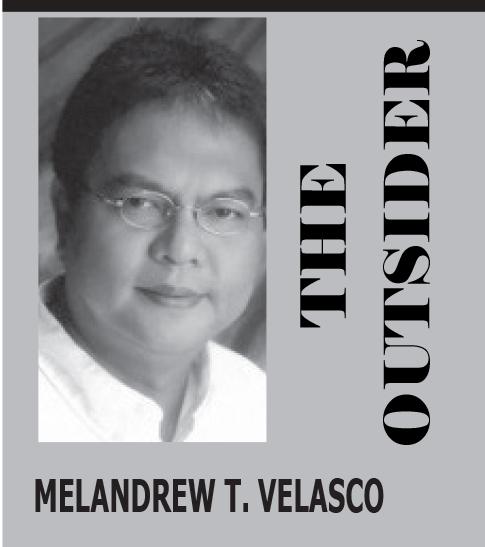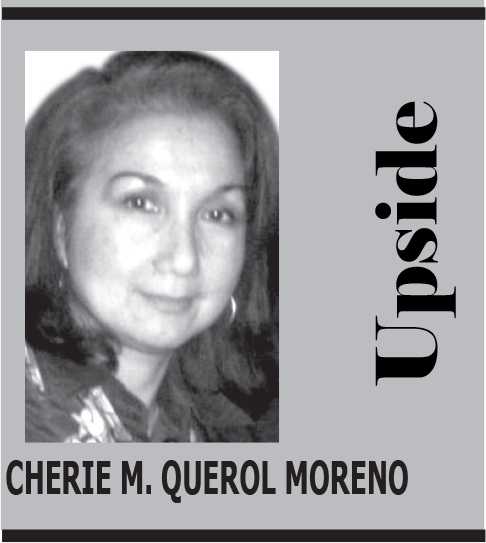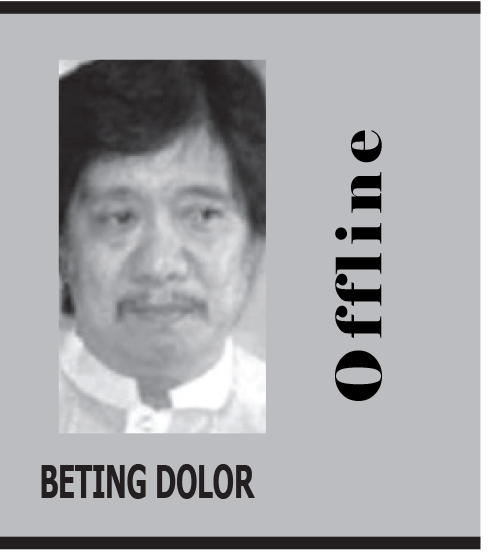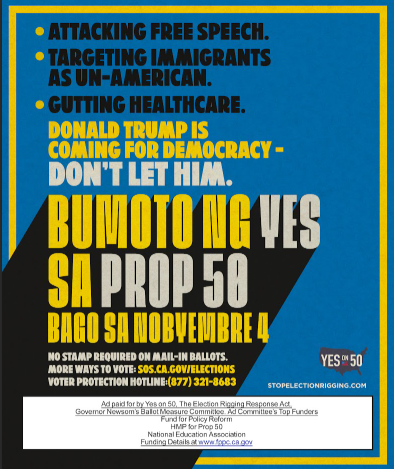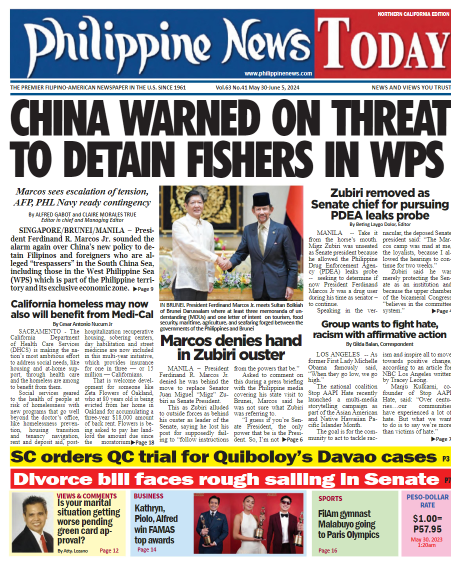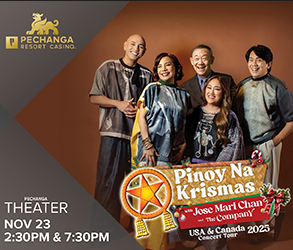THREE years ago, on July 31, 2022, the nation lost not just a former President, but a soldier, statesman, and patriot who helped steady the ship of state when the waters were roughest.
Thus, on Thursday, we remember Fidel V. Ramos – FVR to many of us – not in mourning, but in memory. Not with silence, but with stories.
For those of us who had the privilege of working with him closely, and for the millions who witnessed his leadership from afar, President Ramos remains more than a name in the history books. He was the architect of reform, the model of discipline, the steady hand in uncertain times.
FVR was never one to shout, but always one to act. As President from 1992 to 1998, he governed with a trademark blend of military precision and democratic instinct.
He inherited a deeply fractured nation – power shortages, economic instability, insurgency threats – and helped turn it into one of Asia’s rising economies.
He wasn’t flashy. He wasn’t one for grand gestures. Instead, he built brick by brick: infrastructure, investor confidence, peace agreements with rebel groups, and the kind of governance that prized merit over patronage.
It was under Ramos that we saw the rise of the Build-Operate-Transfer scheme, which opened the doors to massive private-sector infrastructure development. He spearheaded the Philippines 2000 vision—not as a slogan, but as a strategy.
FVR’s greatest legacy may lie in his pursuit of peace.
He reached across the table to former enemies: the Moro National Liberation Front, the Communist Party of the Philippines, even military rebels. He believed that real strength came not from force, but from dialogue and development.
As a former military man, he understood the value of arms – but also their limits. His leadership taught us that peace is not a surrender; it is a strategy of strength.
One of FVR’s enduring mantras was: “We must not just work hard – we must work together.” He championed consensus-building, urging Filipinos to look beyond political colors and focus on nation-building.
His Cabinet was known for its competence, often drawing praise from across the aisle.
He encouraged a culture of excellence, of punctuality, of “Kaya natin ’to” optimism. And true to form, he never stopped working—even after stepping down from the presidency.
Even in retirement, FVR remained active—writing, speaking, advising. His office at the Ramos Peace and Development Foundation was always abuzz with young researchers, diplomats, and development partners eager to hear his thoughts on governance, geopolitics, and nationhood.
In his later years, he became a living bridge between generations. And even when the body slowed, the mind remained razor-sharp.
Three years on, the memory of FVR remains deeply etched in the national consciousness. We remember the salute, the trademark thumbs-up, the cigar, and that ever-reliable Barong Tagalog with folded sleeves.
We remember a man who got things done, who led without ego, and who served without seeking praise.
But more than the accolades, we remember his example: that of principled leadership guided by patriotism, discipline, and quiet courage.
In an era of noise, FVR’s legacy is the sound of steady resolve. And today, as we face new challenges as a nation, may his memory call us back – not just to what was, but to what could be.
Because as FVR always reminded us, the real work of nation-building is never finished.
“We must move forward faster – together.”
Saludo, Mr. President. You are missed, but never forgotten.
(The author is president/chief executive officer of Media Touchstone Ventures, Inc. and president/executive director of the Million Trees Foundation Inc., a non-government outfit advocating tree-planting and environmental protection.)

